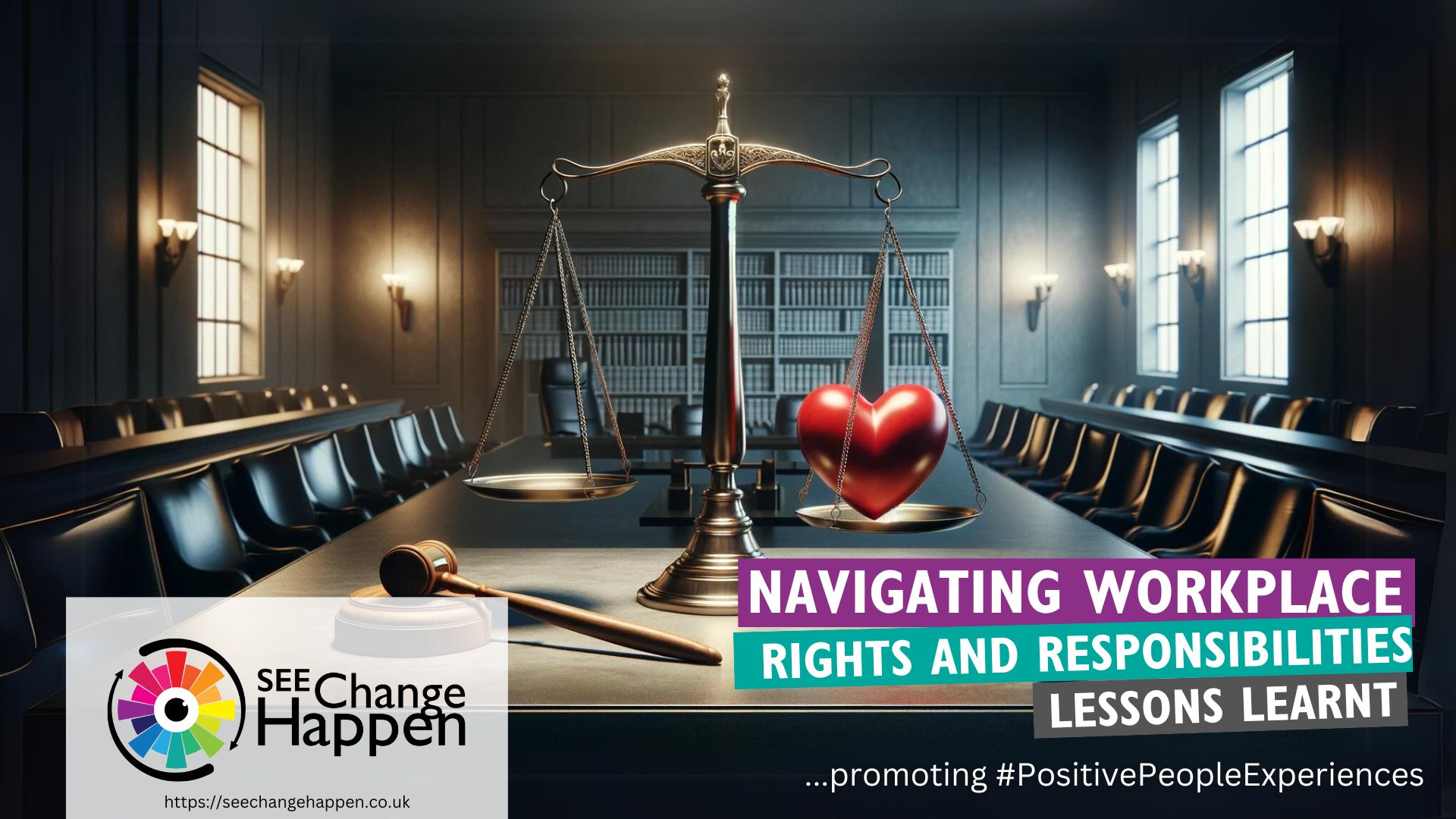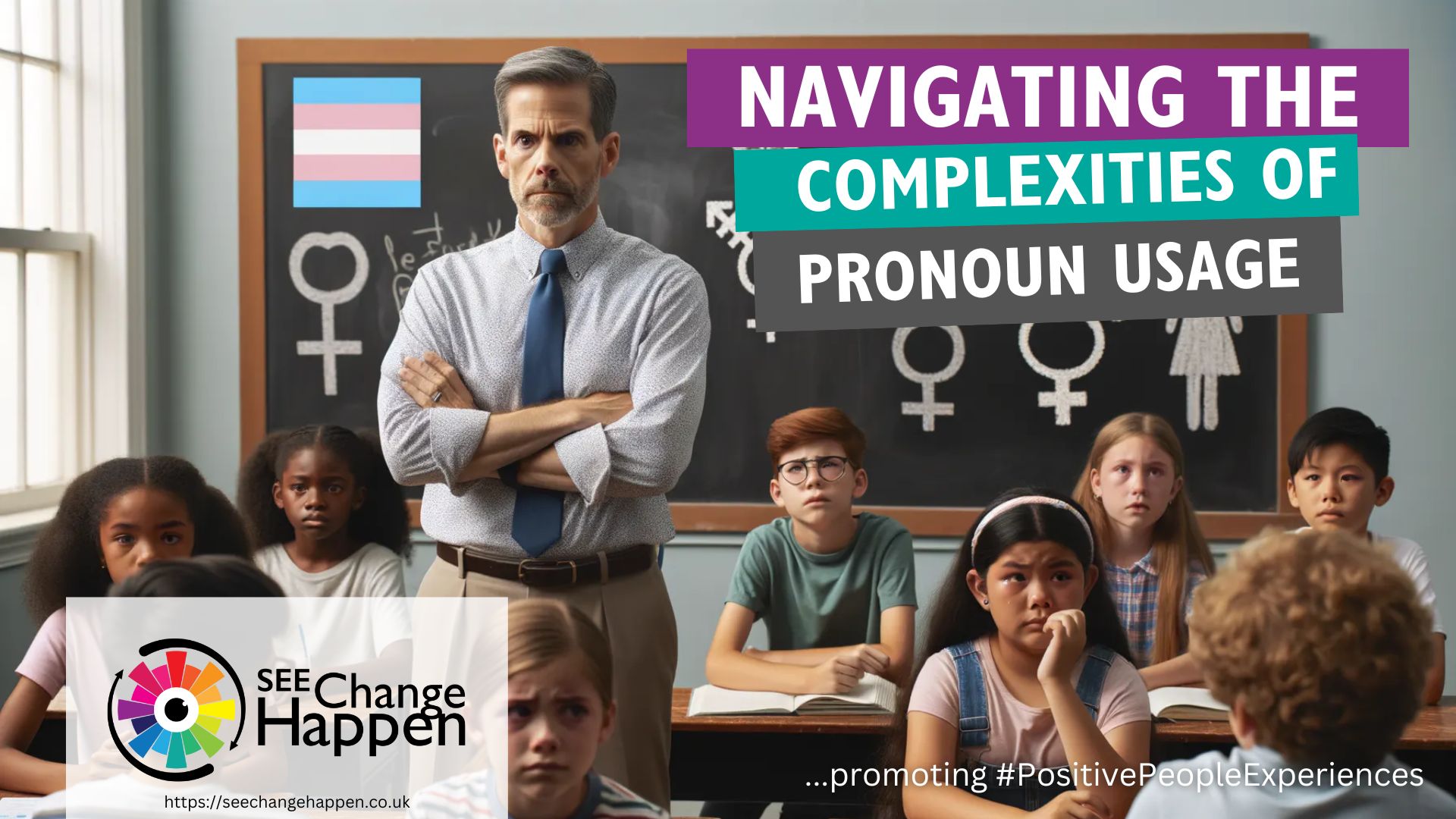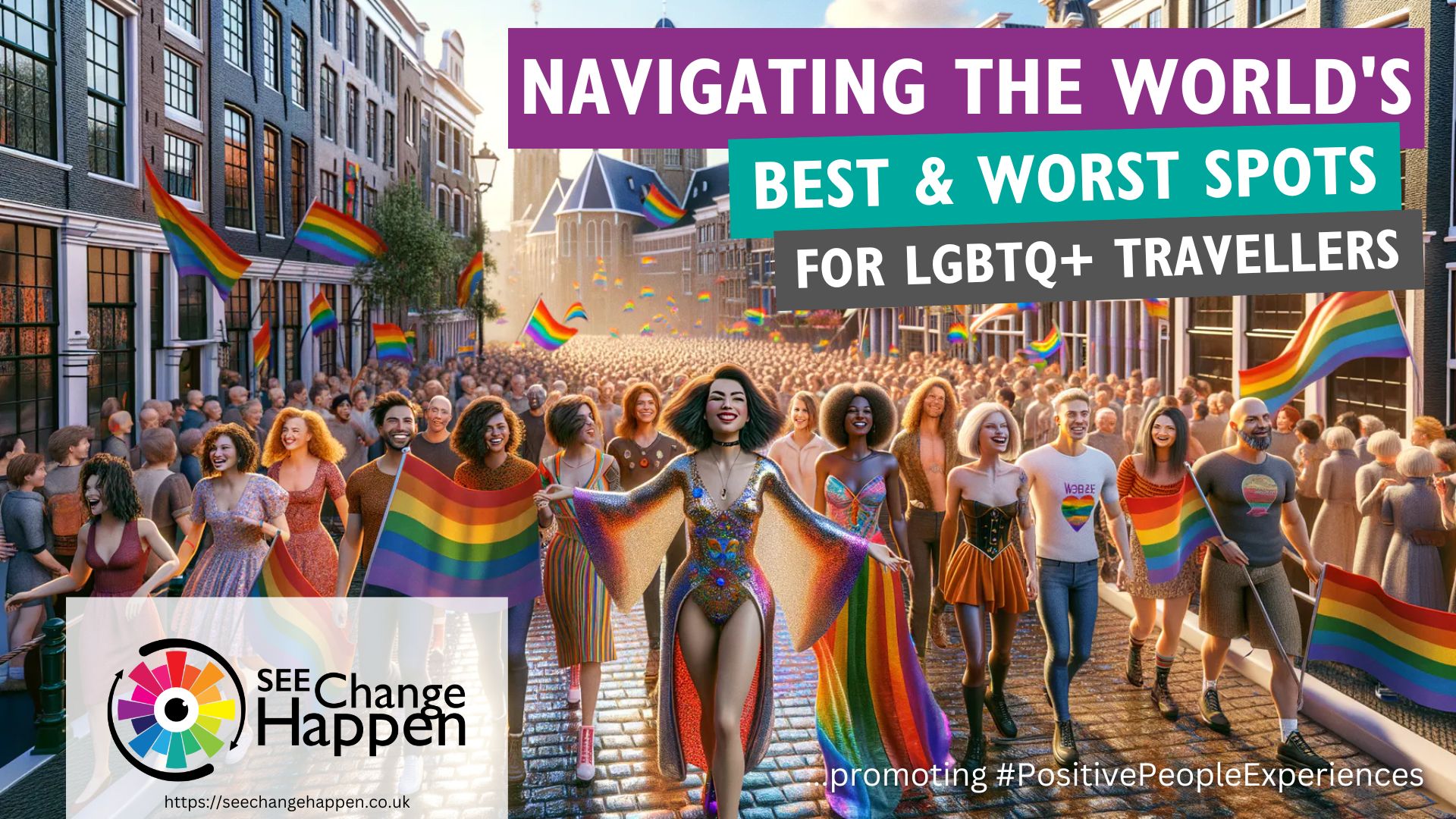
Equality
Equality is about ensuring that every individual has an equal opportunity to make the most of their lives and talents, and believing that no one should have poorer life chances because of where, what or whom they were born, what they believe, or whether they have a disability. Equality recognises that historically, certain groups of people with particular characteristics e.g. race, disability, sex and sexuality, have experienced discrimination.
The Equality Act 2010 brings together for the first time all the legal requirements for the private, public and voluntary sectors, making existing equality laws simpler, more effective and easier to understand.
The Equality Act 2010 prohibits all employers, service providers and providers of education, from discriminating against, harassing or victimising individuals with protected characteristics. The Act offers similar levels of protection from discrimination across all the protected characteristics and all sectors, where appropriate a process called harmonisation. Unlawful discrimination would be things like refusing to admit a child to as school as a pupil because of their race e.g. because they are from the Gypsy and Traveller Community, or discouraging a female student from undertaking a course in Engineering. Any individual who believes that they have been discriminated against, harassed or victimised as defined by the Equality Act 2010 can take a claim to a tribunal or court. Legal action would normally be started within six months of the unlawful act.
To meet the needs of disabled people, the Equality Act 2010 states that reasonable adjustments can be made for disabled people, and that it is not unlawful discrimination to treat disabled people more favourably than non-disabled people because of their disability.





